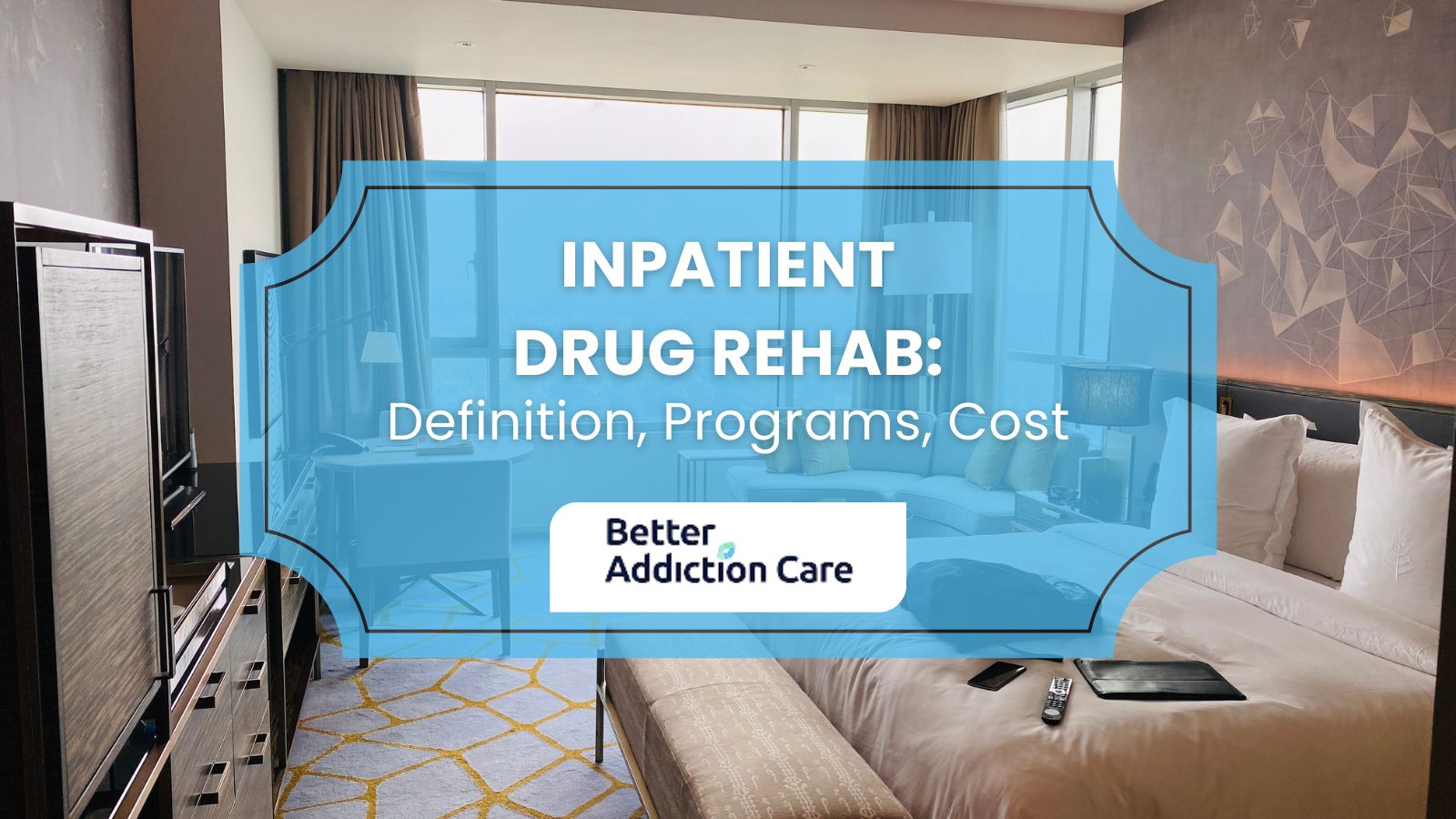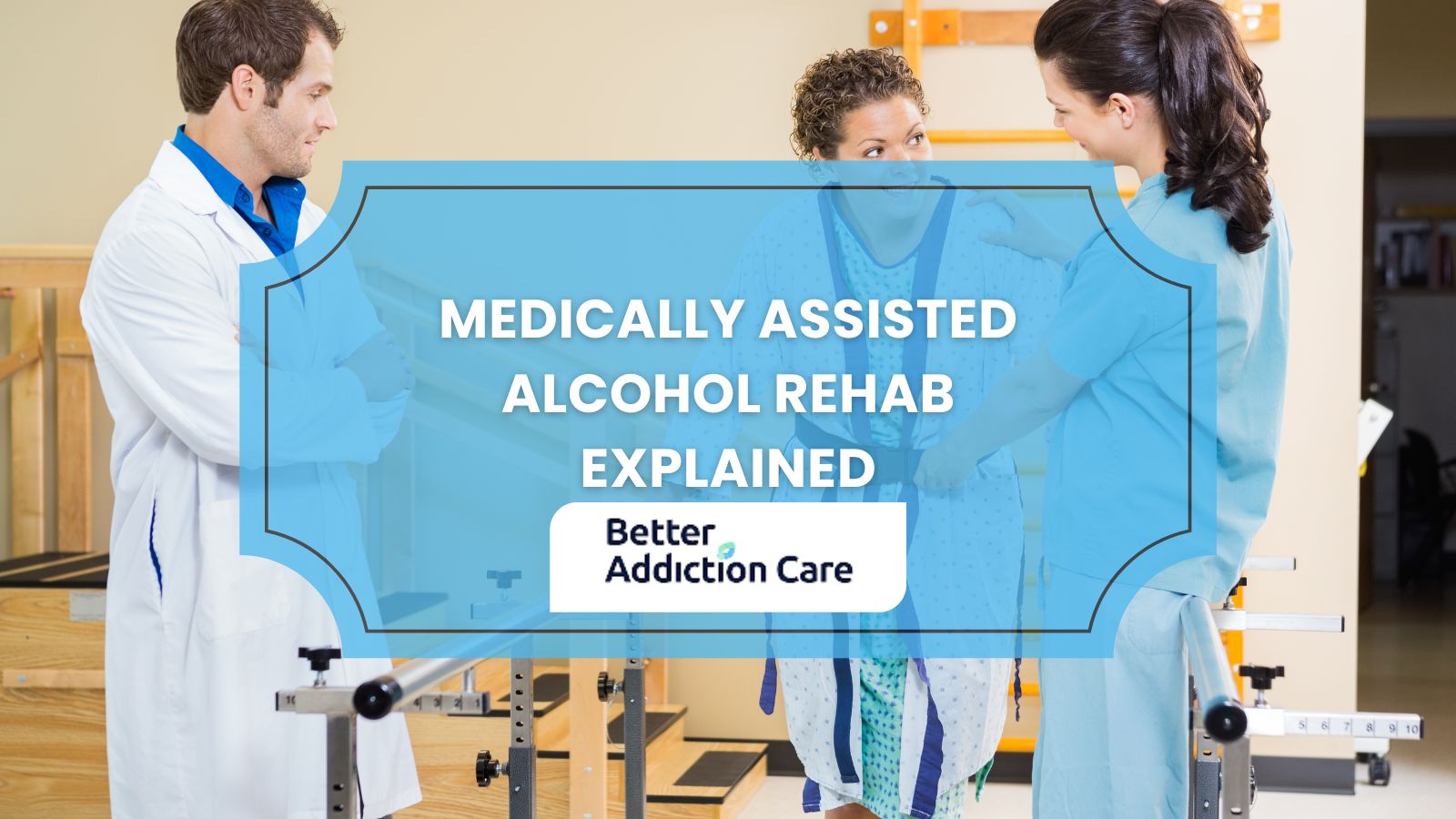29 Best Alcohol and Drug Rehabs in Nevada 2025
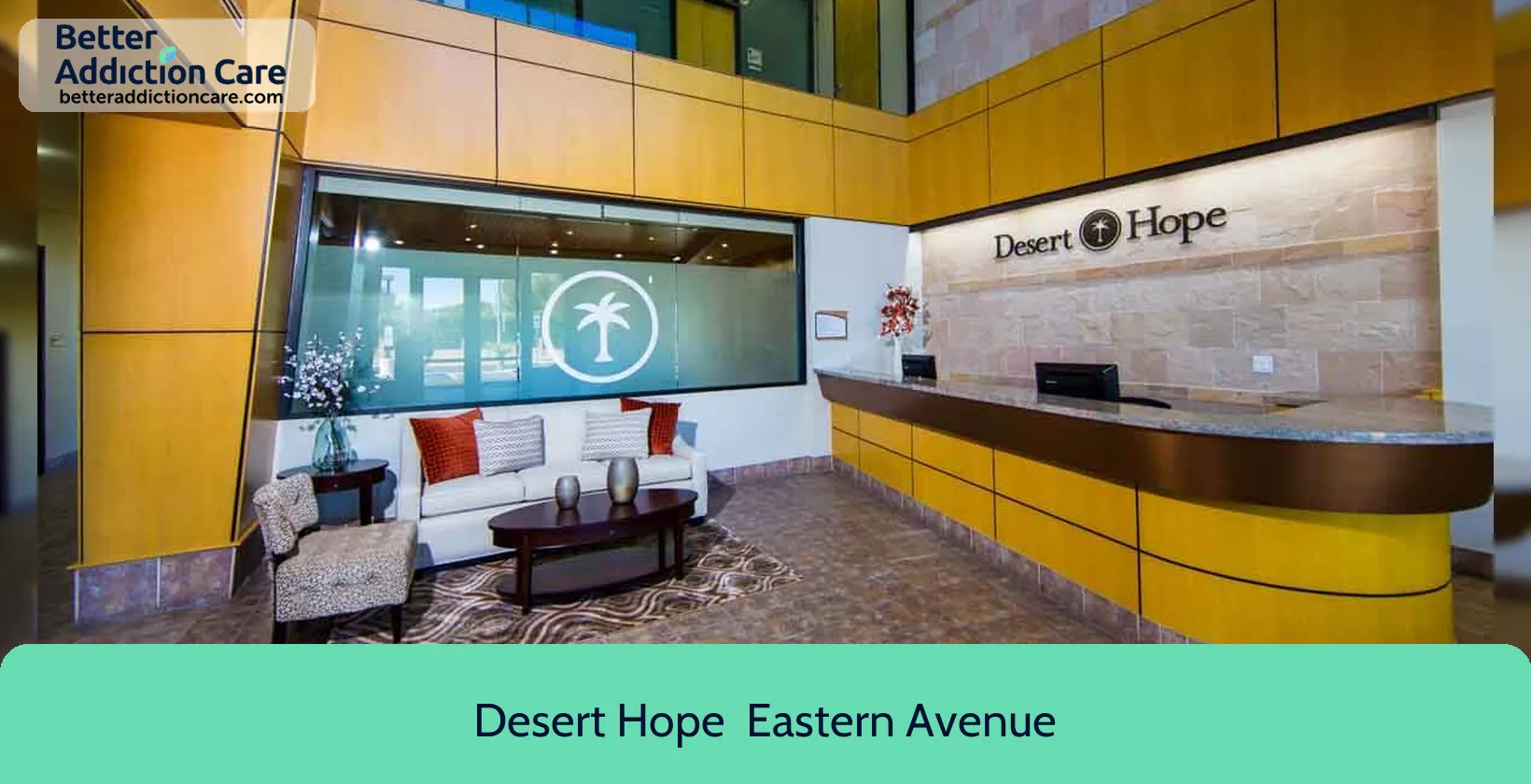
6.99
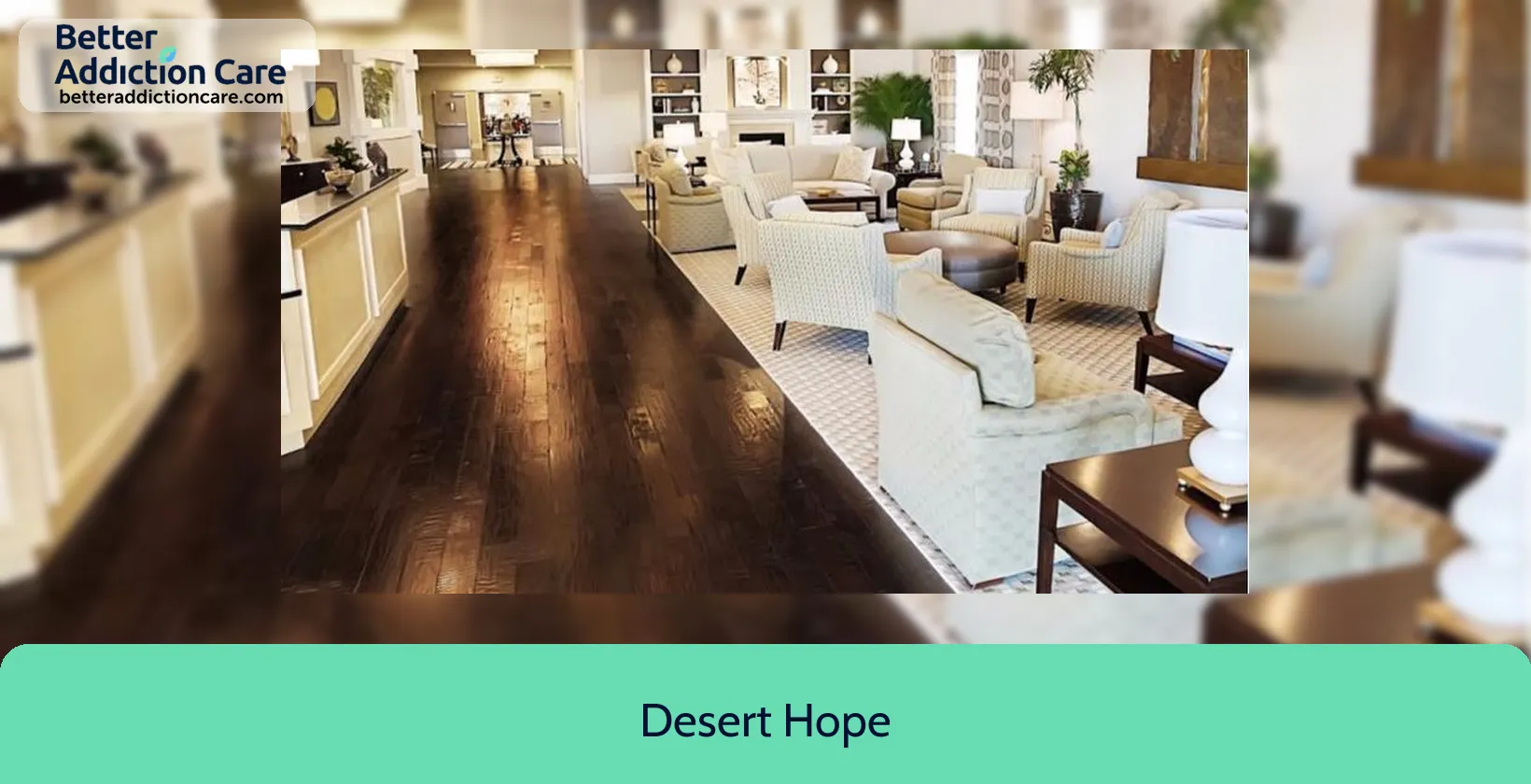
7.02
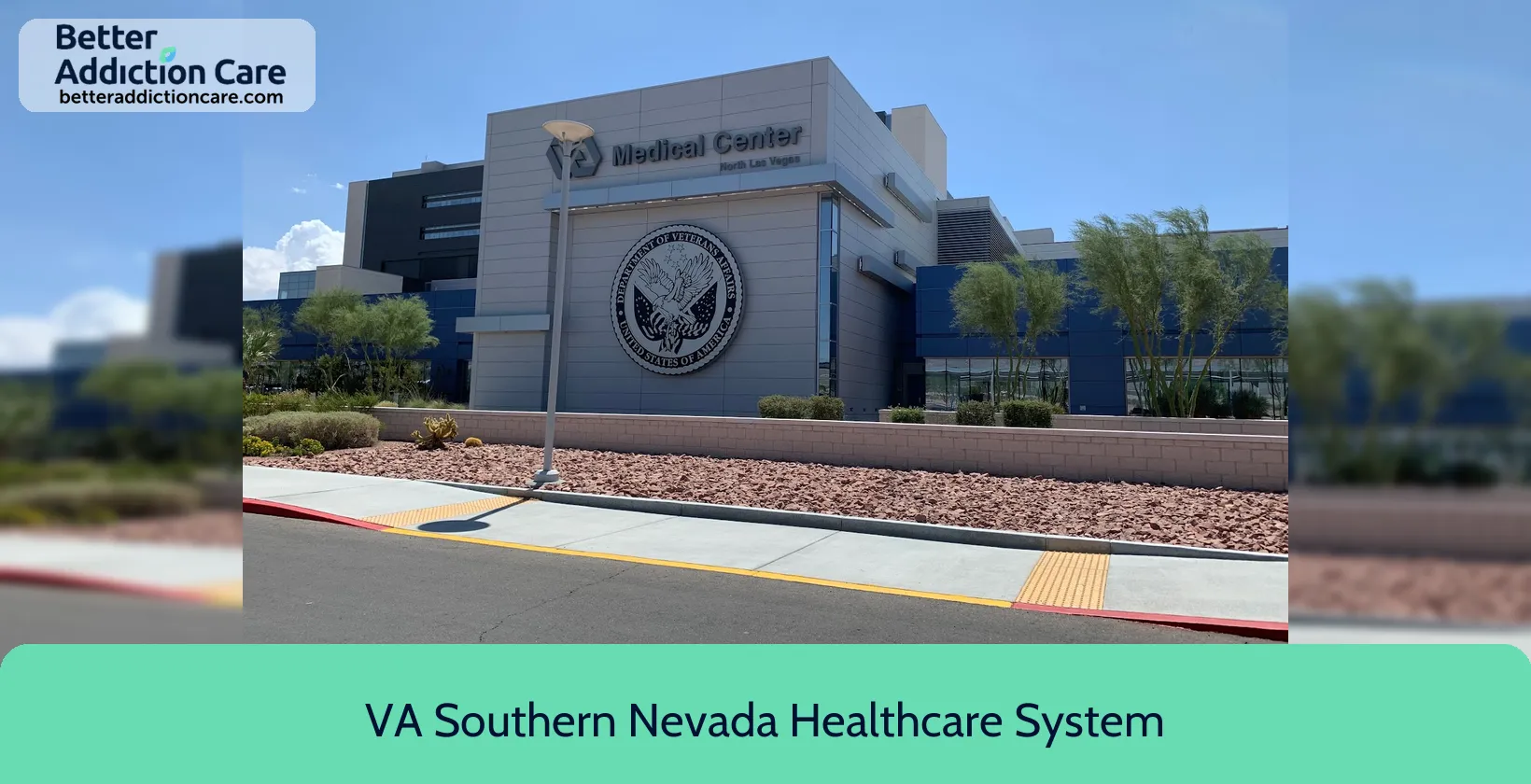
7.31
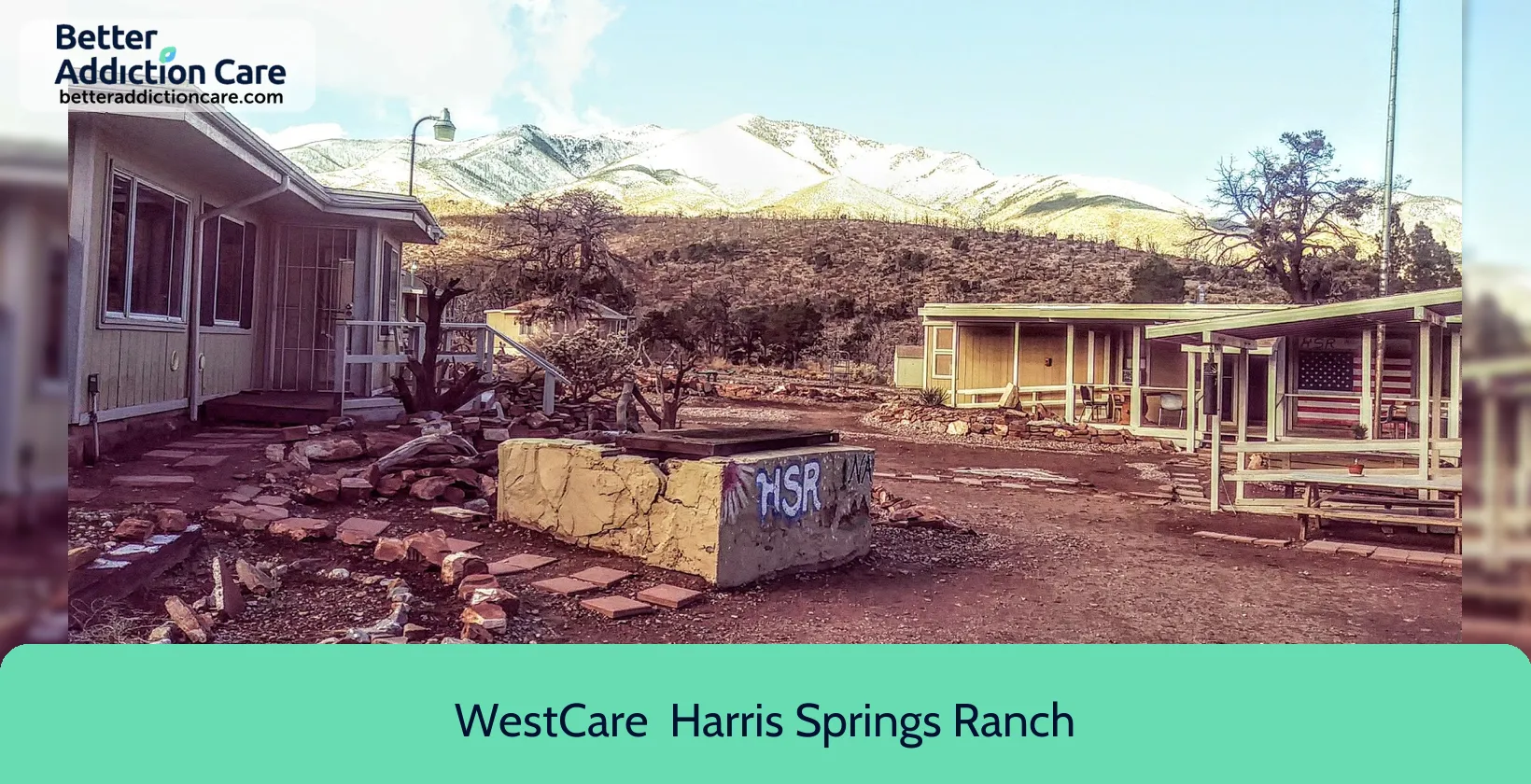
7.35
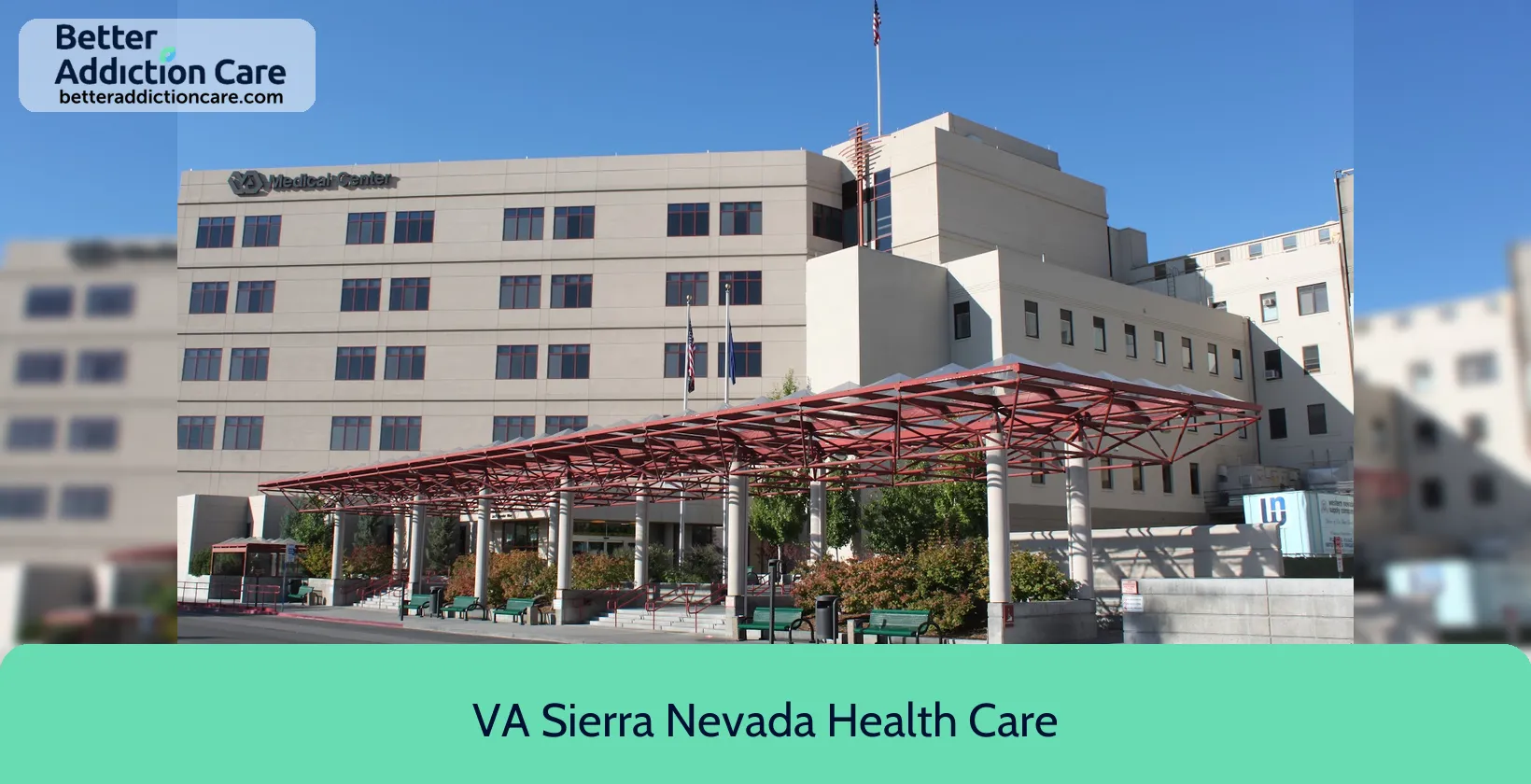
7.11
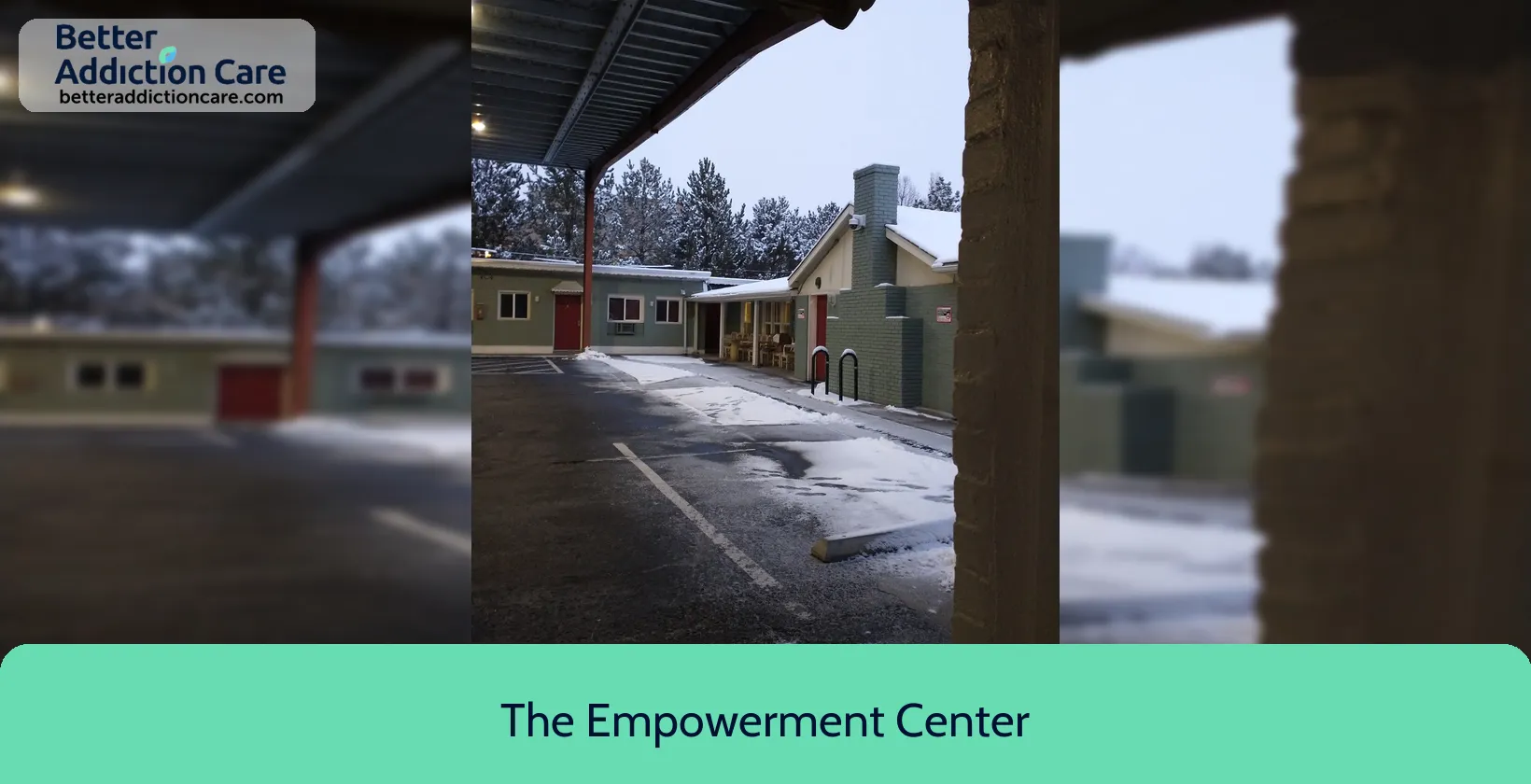
6.97
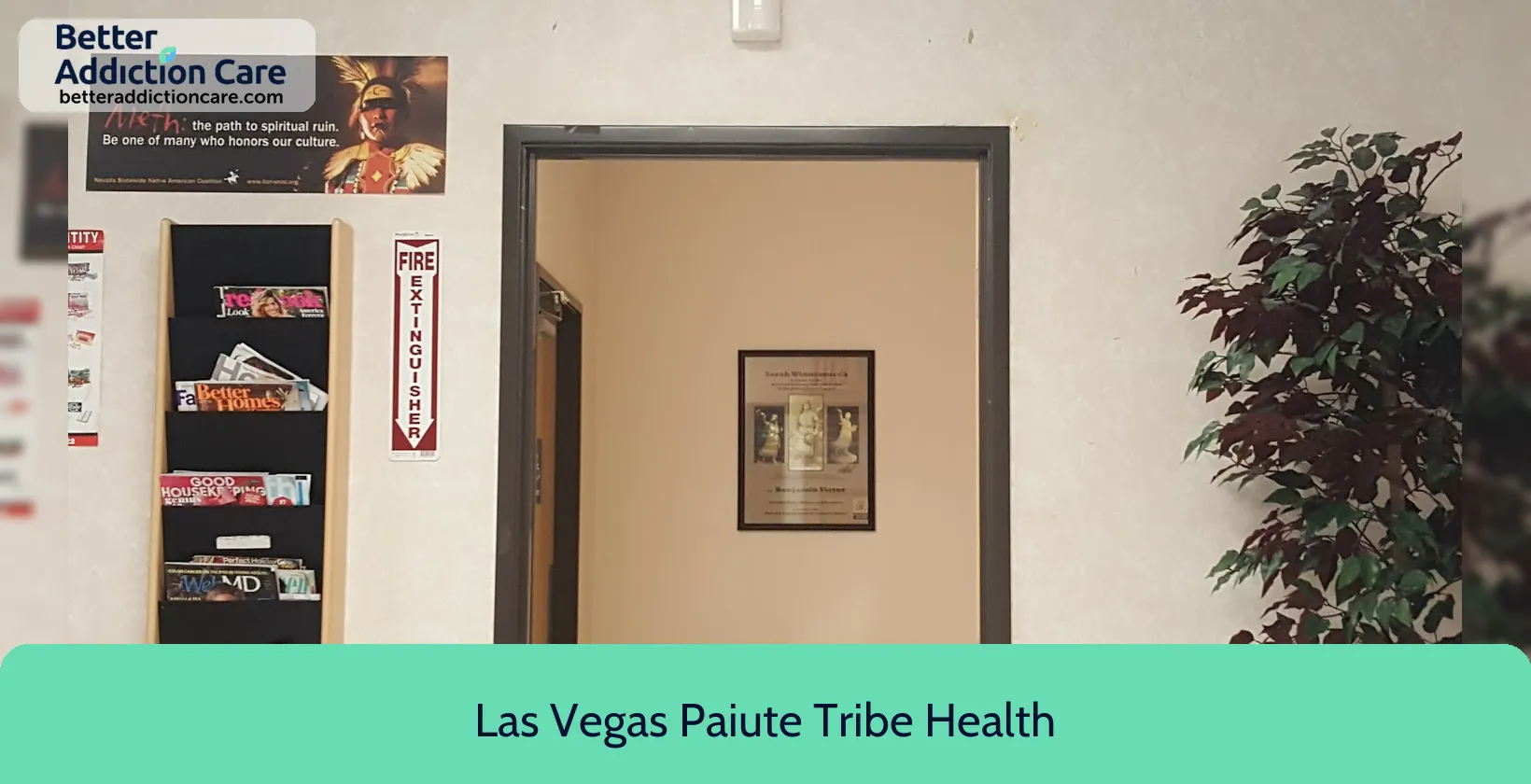
7.12
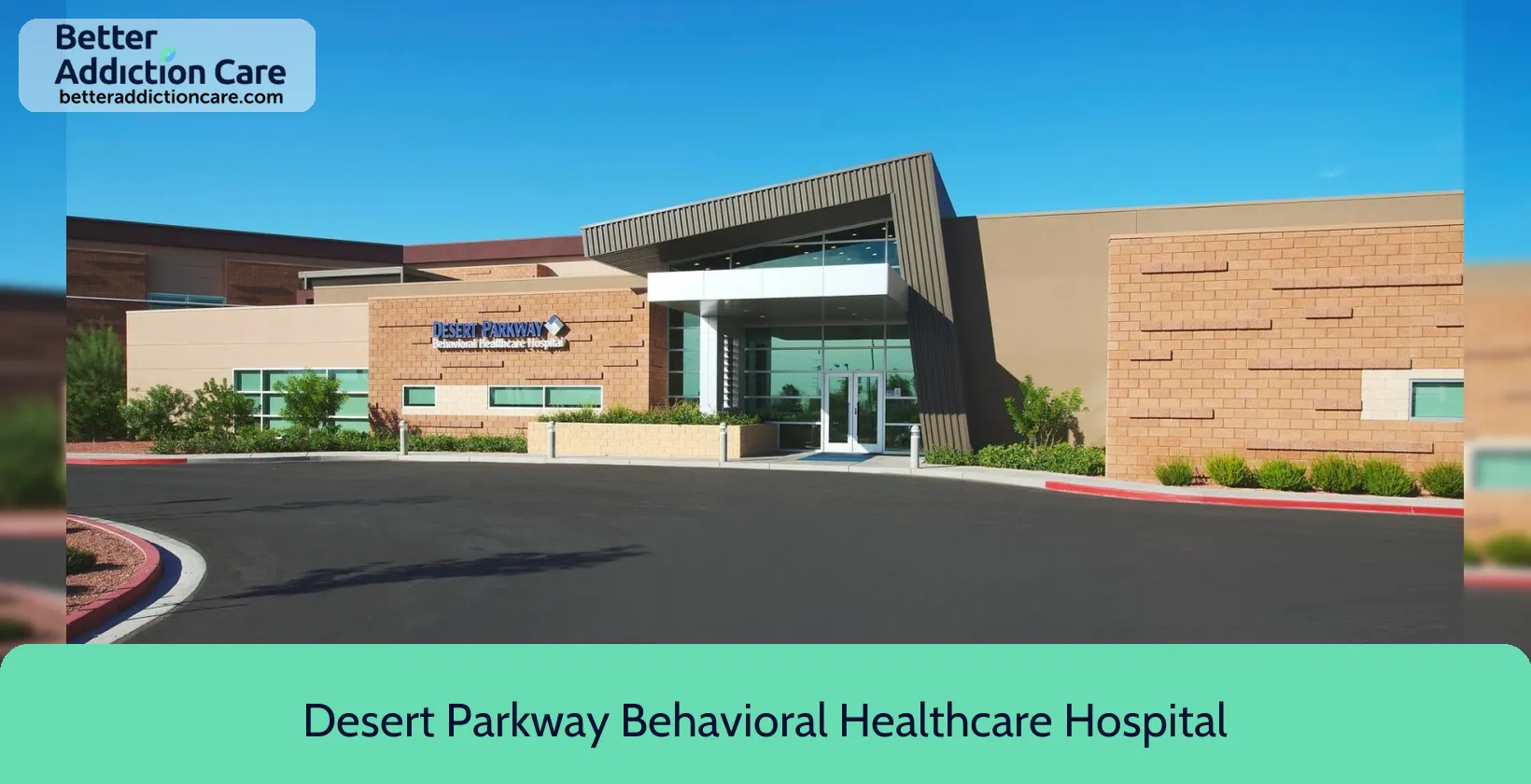
6.84
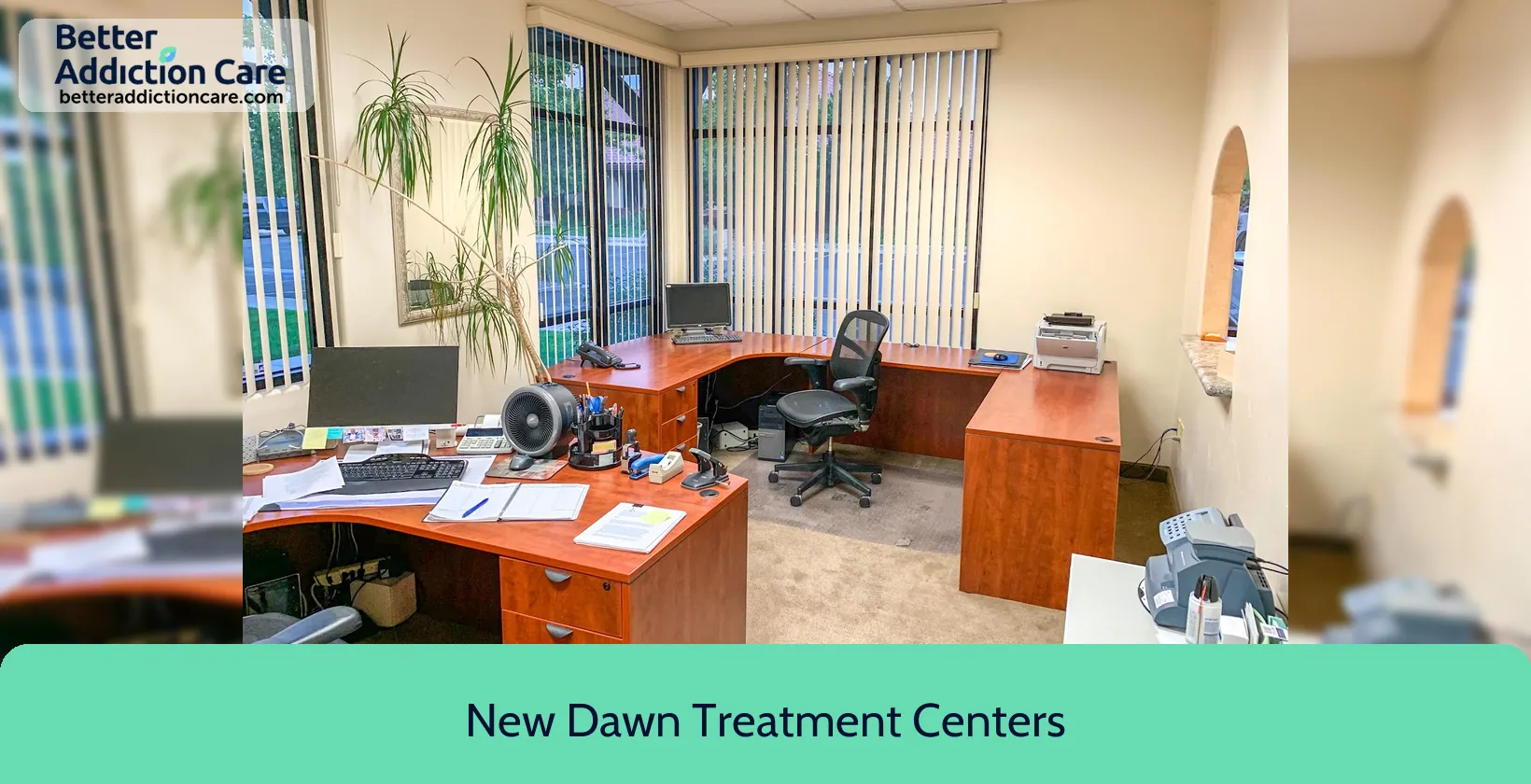
6.87
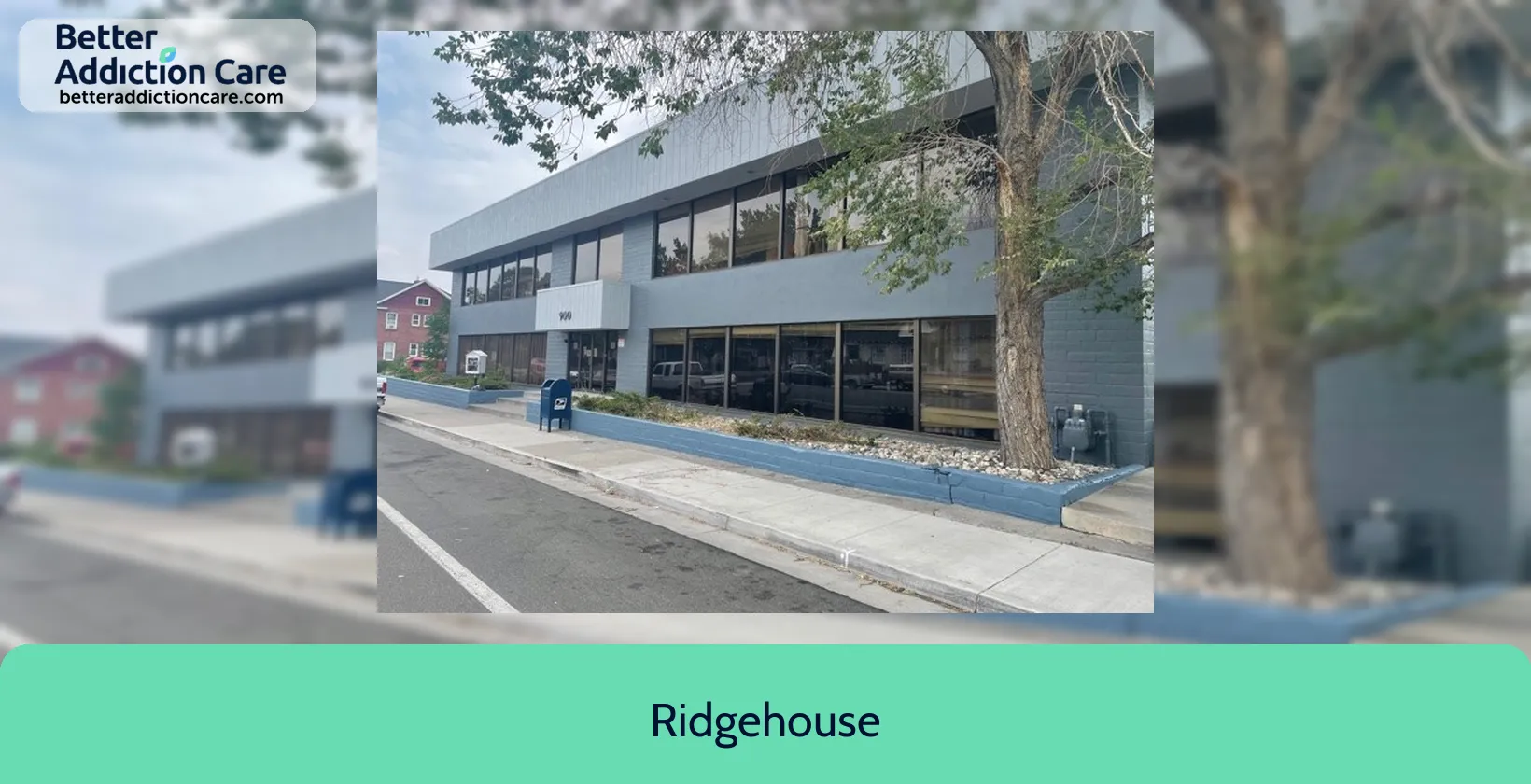
6.87
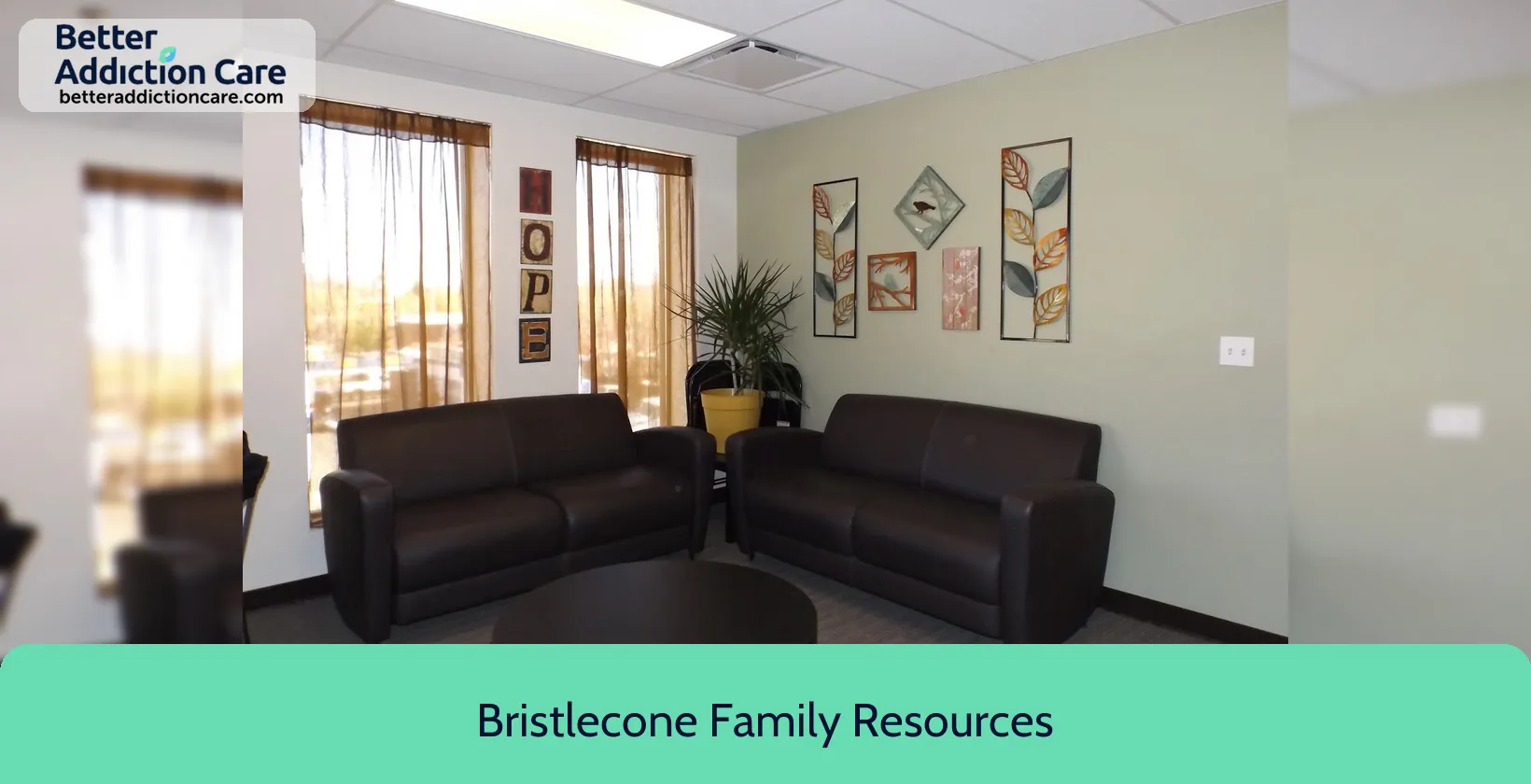
6.53

6.50
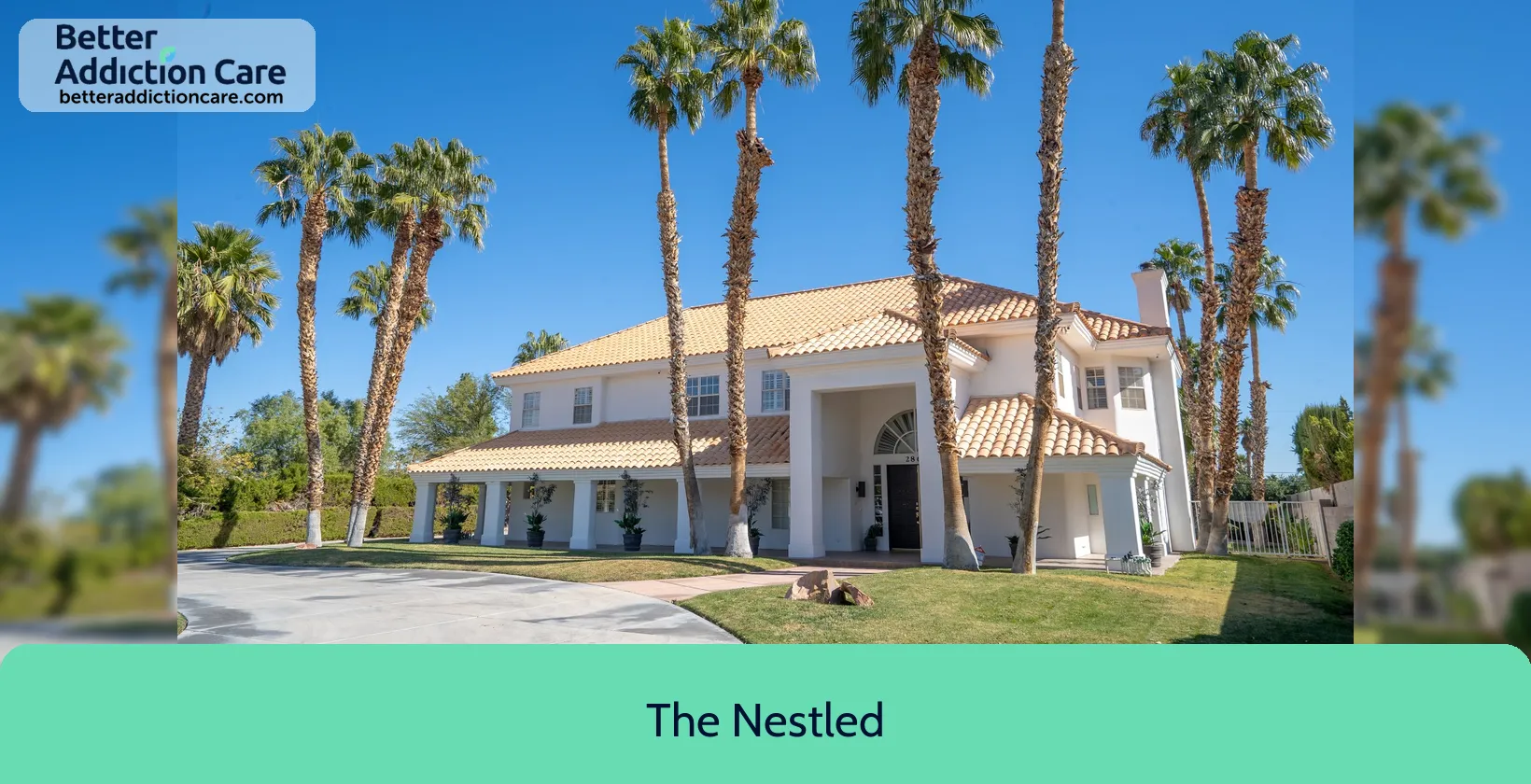
6.59
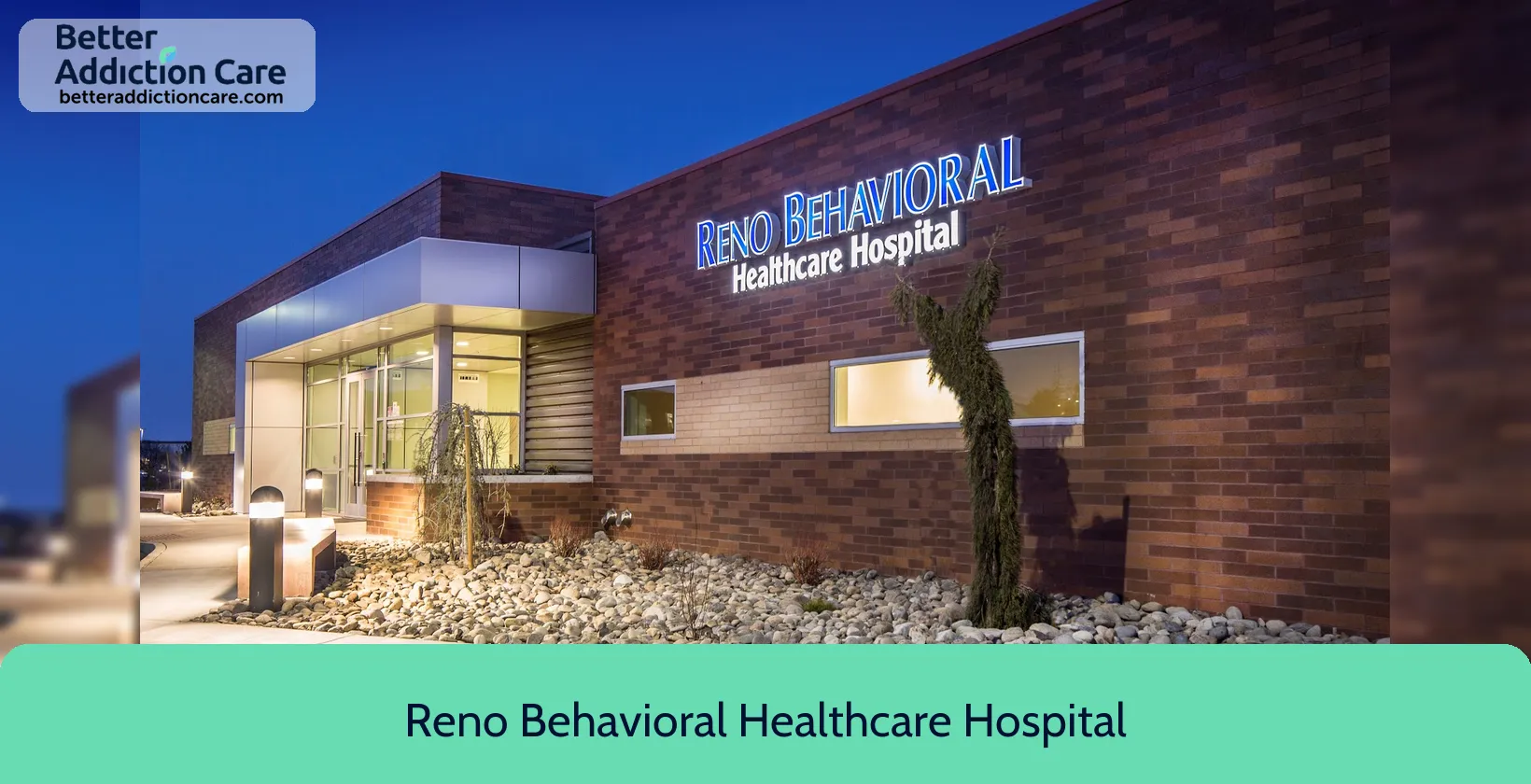
6.71
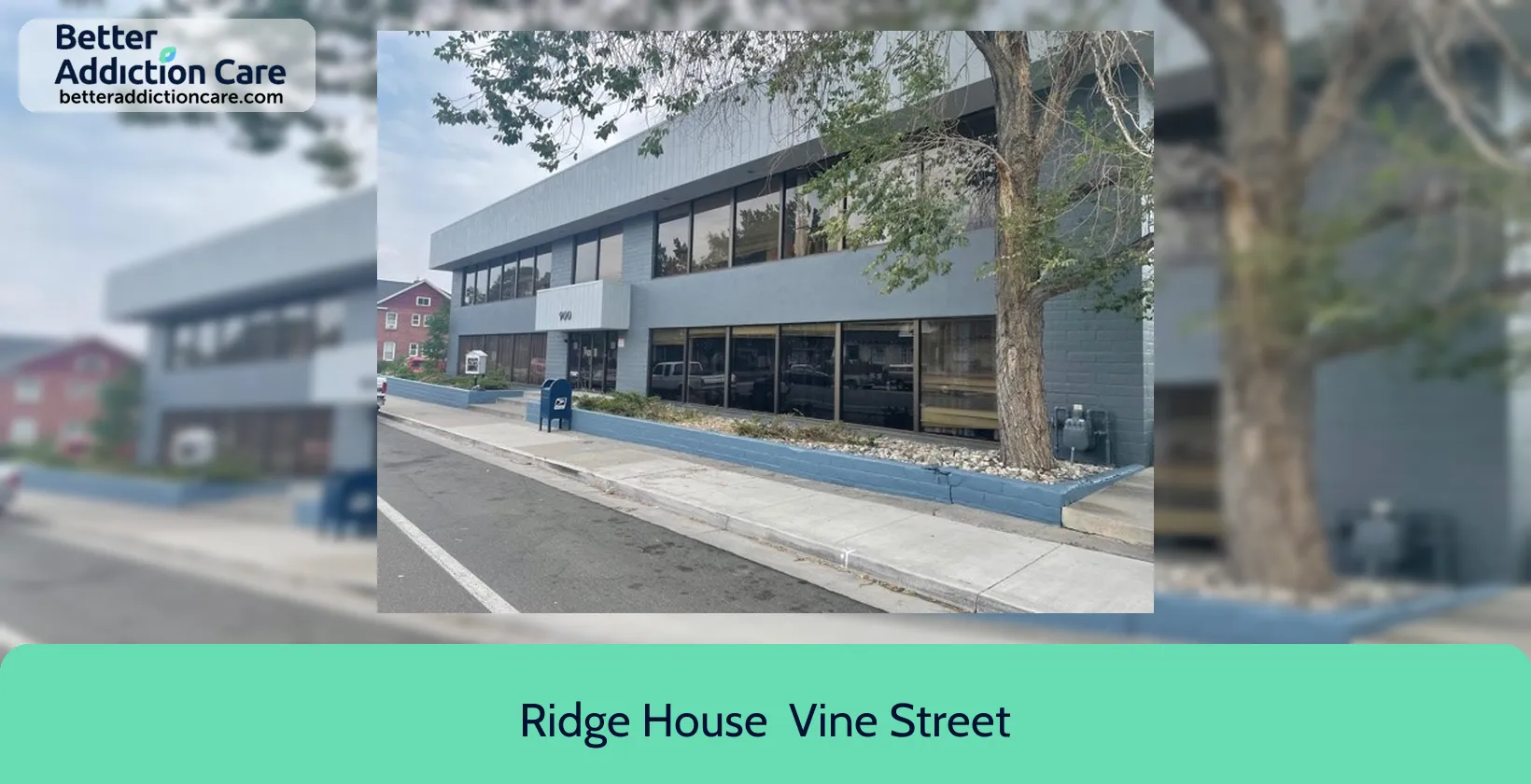
6.62
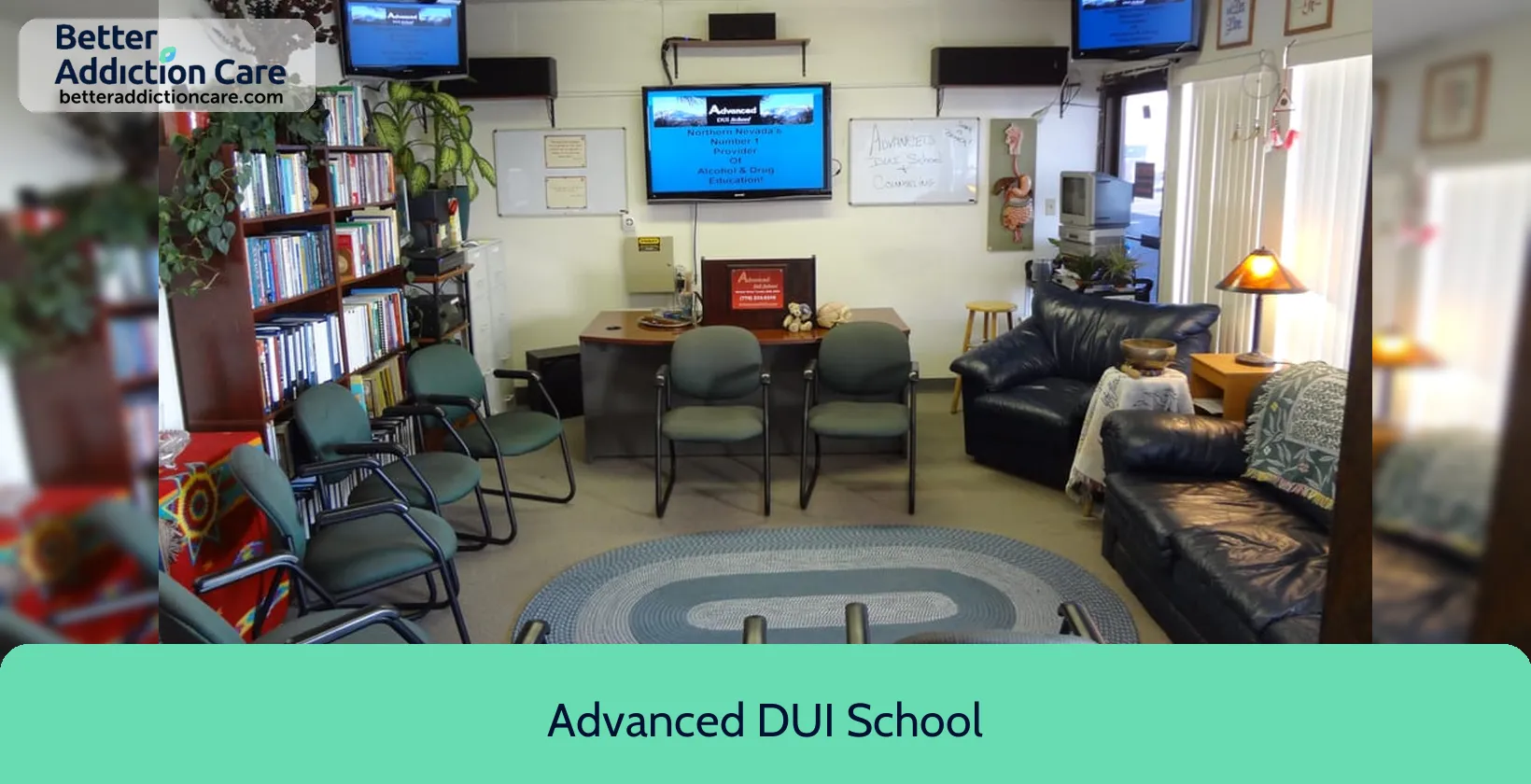
6.56
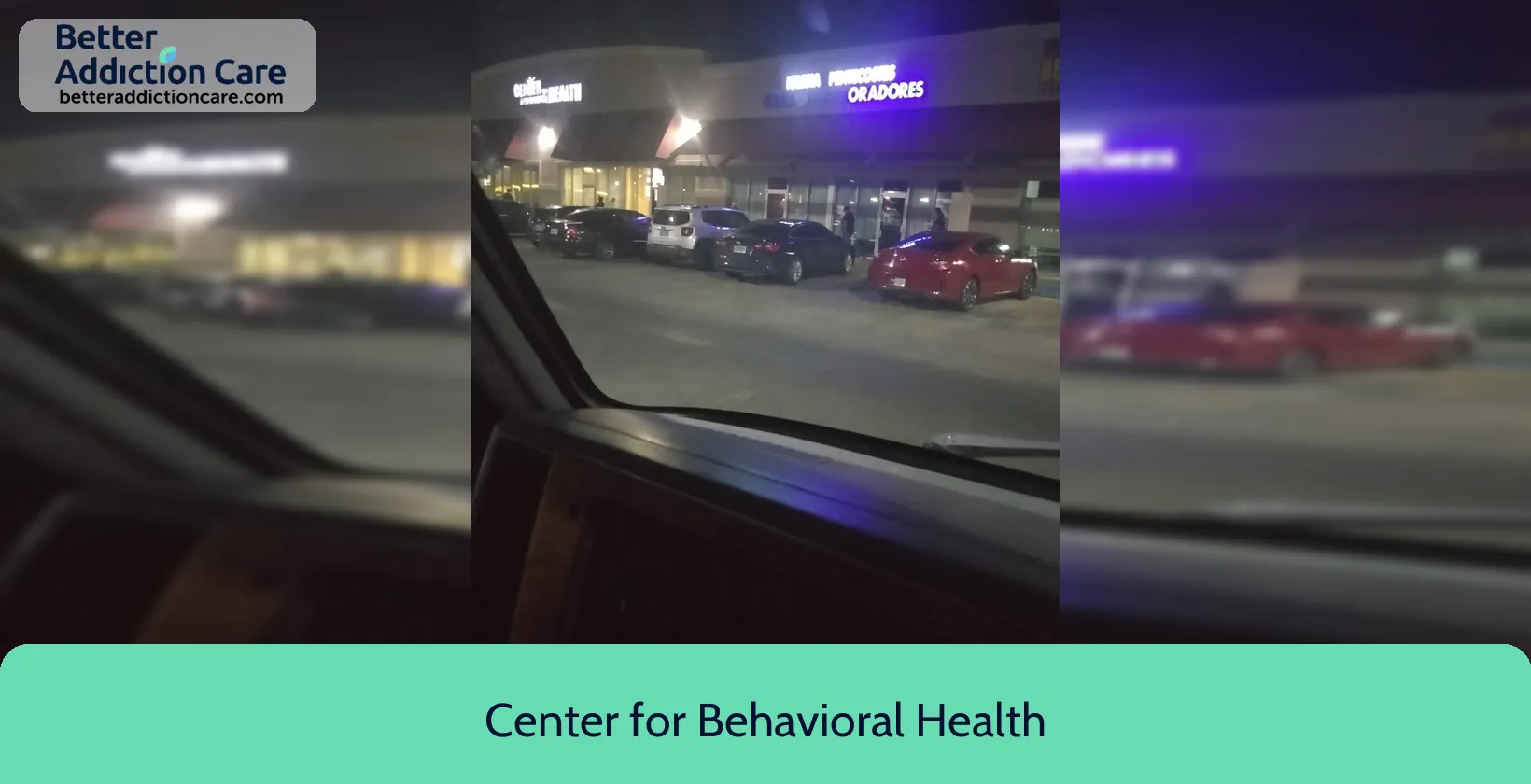
6.65

6.74

6.65

6.97

6.94

6.62

6.56

6.77

6.59

6.65

6.68

6.62

6.65
Substance abuse and Mental Health facilities Report for Nevada
44th
Cheapest To Most Expensive State Rank
116
Substance Abuse Facilities
7,249
Number of Patients Annually
4,260
Annual Enrollments
$6M
Spent on Outpatient Services (Million)
$1,626.00
Avg Outpatient Rehab Cost
249
Residential Admissions
$15M
Spent on Residential Treatment (Million)
$62,530.00
Residential Rehab Pay (Up To)
28
Total Patients
5
Free Drug Rehab Facilities
Alcoholism, Drug Abuse, Mental Health, and Treatment in Nevada
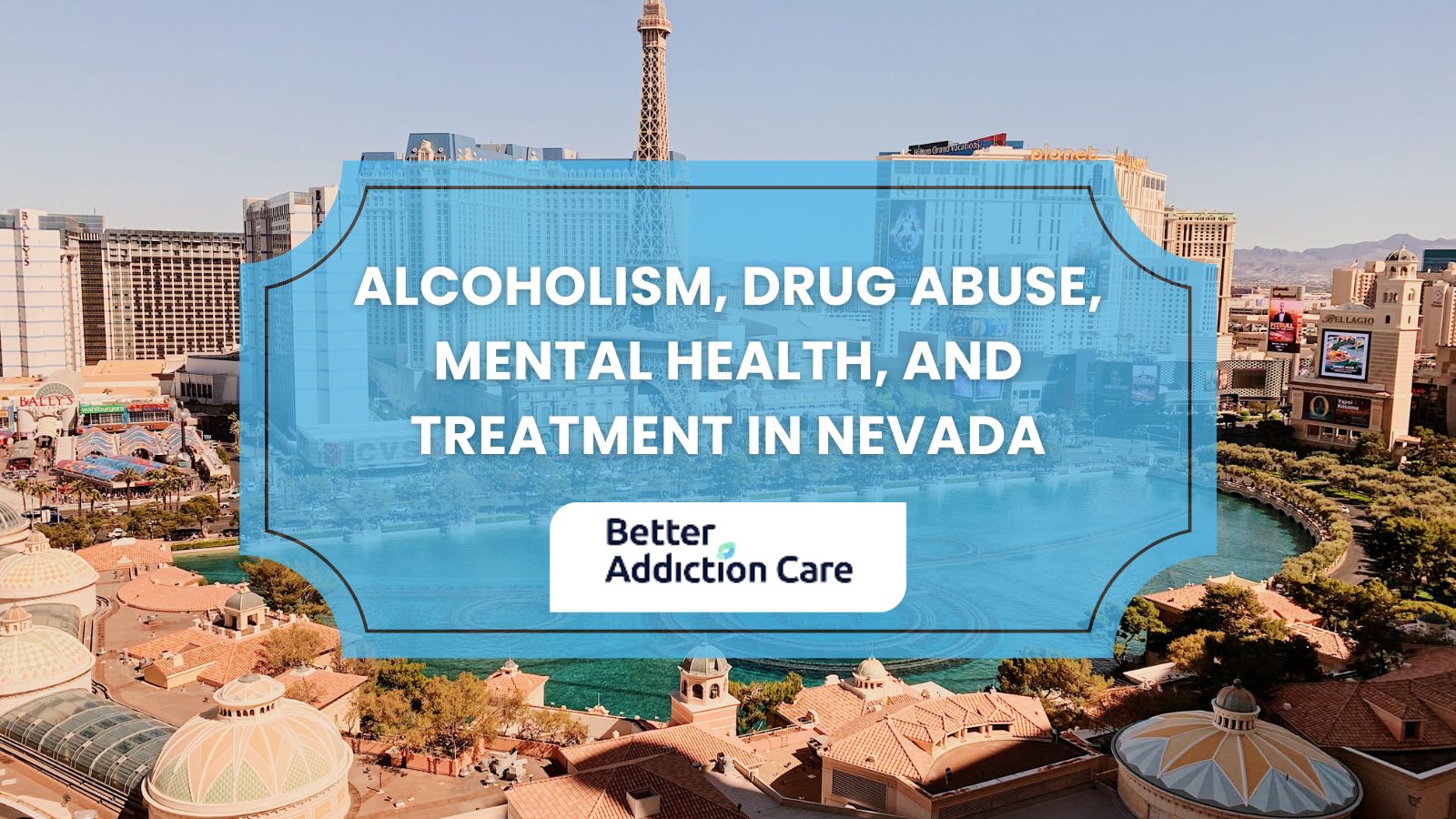
What are the main addictions people in Nevada suffer from?
The main addictions people in Nevada suffer from include:
- Alcohol Addiction: 29.5 million individuals in the U.S. aged 12 or older had AUD in 2024, which equates to 5.0% of individuals aged 12 or older who received substance use treatment in the past year. 19,647,000 (66%) Males are higher in number as compared to 9,853,000 (33%) females.
- Illicit Drug Addiction: 27.2 million people in the U.S. had a drug addiction, which is 23.37% of individuals aged 12 or older who were classified as needing substance use treatment in the past year. 17,347,000 (64%) Males are higher in number as compared to 9,853,000 (36.2%) females.
- Opioid Addiction: 2,325,000 (75%) of drug overdose deaths in Nevada involved at least one opioid. 66% of the population involved synthetic opioids in 2024. 1,890,000 (81%) Males are higher in number as compared to 435,000 (18%) females.
- Marijuana Addiction: 492,900 (15.9%) of Nevada youths aged 12 to 17 used marijuana, higher than the national average of 11.2%. 289,000 (59%) Males are higher in number as compared to 203,900 (41%) females.
- Prescription Drug Addiction: 62,000 (2.0%) of Nevada youths misuse opioids in 2024, higher than the national average of 1.8%. 45,000 (72%) males are higher in number as compared to 17,000 (27%) females.
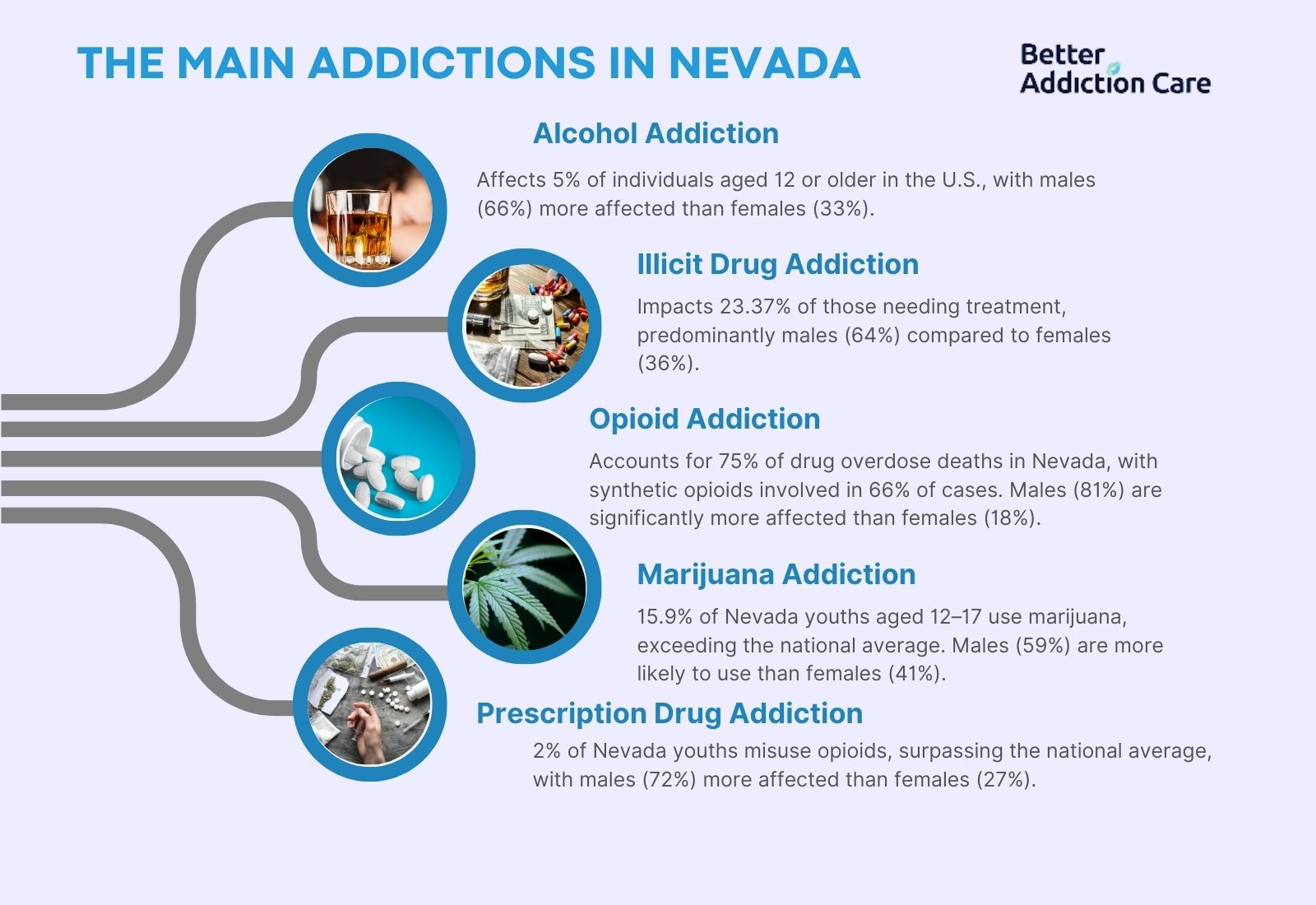
These statistics of main addiction in Nevada highlight the significant impact of substance addictions, emphasizing the need for targeted prevention and treatment efforts.
What is the cost of rehab centers in Nevada?
The cost of rehab centers in Nevada is $62,530, which equates to 80.5%. Inpatient programs average $154,159, which is 146% higher than the general average due to the added expense of round-the-clock medical supervision and residential care. On the other hand, outpatient programs cost significantly less, averaging $9,169, about 85% lower than the main average, making them a more affordable option for individuals who maintain daily routines while receiving treatment. The cost of rehab centers in Nevada covers essential services like counseling, therapy, and basic medical care.
Nevada's median household income is $81,310, the cost of rehab centers in Nevada equates to 80.5% of a household’s annual earnings, highlighting the financial burden on families. Inpatient programs, costing 52.7% of the median income, without insurance, whereas outpatient programs are more accessible, representing only 12% of the median income.
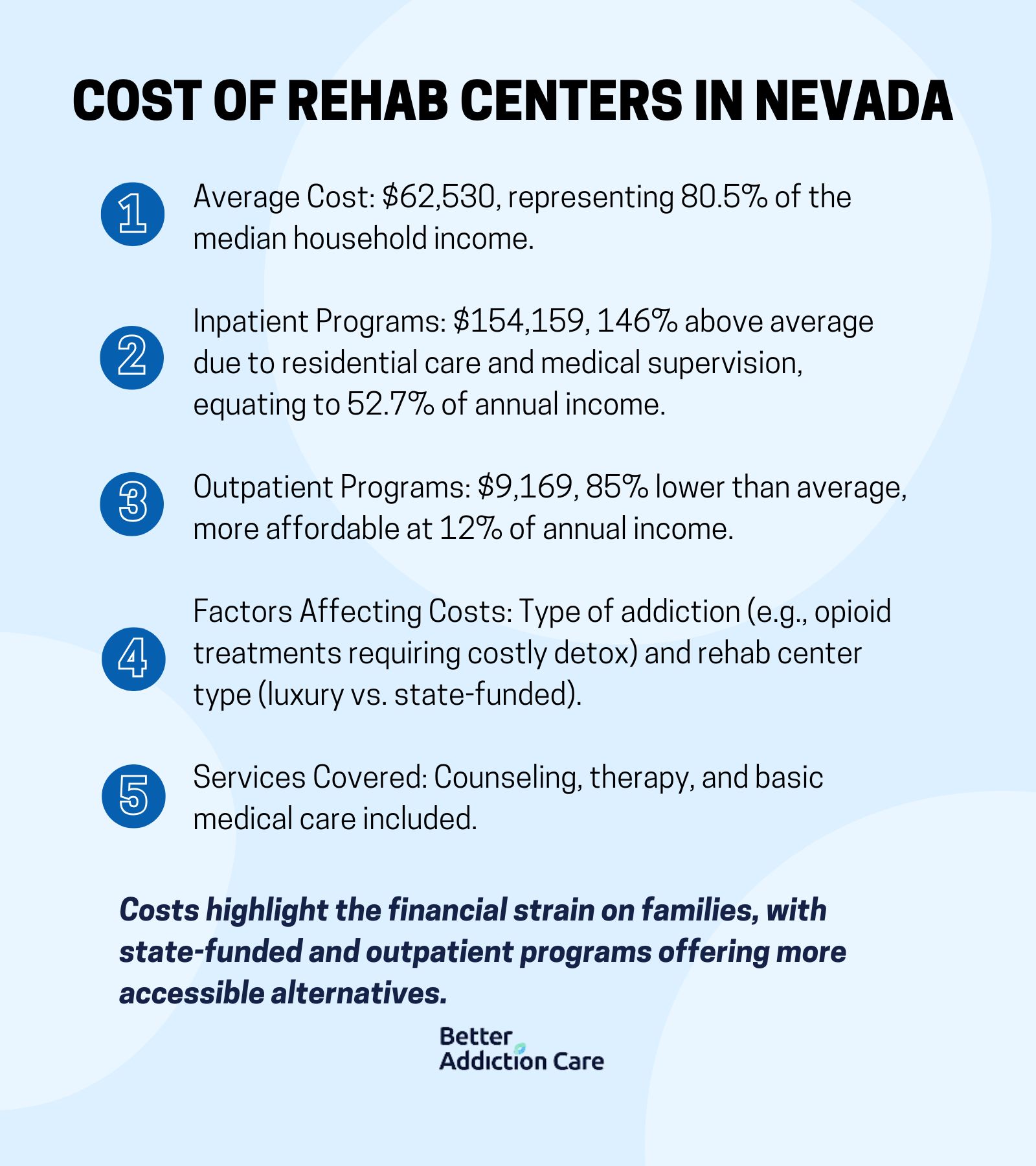
The type of addiction significantly influences costs of rehab centers in Nevada, with treatments for conditions like opioid dependency often requiring expensive medical detoxification. The type of rehab center plays a role; luxury facilities and those offering specialized care charge premium rates, while nonprofit or state-funded options provide more affordable alternatives.
What is the cost of LGBTQ+ rehab centers in Nevada?
The cost of LGBTQ+ rehab centers in Nevada is $60,530, which equates to 74%. Inpatient programs average $154,159, which is 146% higher than the general average due to the added expense of round-the-clock medical supervision and residential care. On the other hand, outpatient programs cost significantly less, averaging $9,169, about 85% lower than the main average, making them a more affordable option for individuals who maintain daily routines while receiving treatment. The cost of LGBTQ+ rehab centers in Nevada covers essential services like counseling, therapy, and basic medical care.
Nevada's median household income is $81,310, the cost of LGBTQ+ rehab centers in Nevada equates to 74% of a household’s annual earnings, highlighting the financial burden on families. Inpatient programs, costing 52.7% of the median income, are often out of reach without insurance or external support, whereas outpatient programs are more accessible, representing only 12% of the median income.
The type of addiction significantly influences costs of LGBTQ+ rehab centers in Nevada, with treatments for conditions like opioid dependency often requiring expensive medical detoxification. The type of LGBTQ+ rehab center plays a role; luxury facilities and those offering specialized care charge premium rates, while nonprofit or state-funded options provide more affordable alternatives.
What is the cost of Faith-Based rehab centers in Nevada?
The cost of Faith-Based rehab centers in Nevada is $61,000, which equates to 75 %. Inpatient programs average $154,159, which is 146% higher than the general average due to the added expense of round-the-clock medical supervision and residential care. On the other hand, outpatient programs cost significantly less, averaging $9,169, about 85% lower than the main average, making them a more affordable option for individuals who maintain daily routines while receiving treatment. The cost of Faith-Based rehab centers in Nevada covers essential services like counseling, therapy, and basic medical care.
Nevada's median household income is $81,310, the cost of Faith-Based rehab centers in Nevada equates to 75% of a household’s annual earnings, highlighting the financial burden on families. Inpatient programs, costing 52.7% of the median income, are often out of reach without insurance or external support, whereas outpatient programs are more accessible, representing only 12% of the median income.
The type of addiction significantly influences costs of Faith-Based rehab centers in Nevada, with treatments for conditions like opioid dependency often requiring expensive medical detoxification. The type of Faith-Based rehab center plays a role; luxury facilities and those offering specialized care charge premium rates, while nonprofit or state-funded options provide more affordable alternatives.
What is the cost of Men-Only rehab centers in Nevada?
The cost of Men-Only rehab centers in Nevada is $58,500, which equates to 71.9%. Inpatient programs average $154,159, which is 146% higher than the general average due to the added expense of round-the-clock medical supervision and residential care. On the other hand, outpatient programs cost significantly less, averaging $9,169, about 85% lower than the main average, making them a more affordable option for individuals who maintain daily routines while receiving treatment. The cost of Men-Only rehab centers in Nevada covers essential services like counseling, therapy, and basic medical care.
Nevada's median household income is $81,310, the cost of Men-Only rehab centers in Nevada equates to 71.9% of a household’s annual earnings, highlighting the financial burden on families. Inpatient programs, costing 52.7% of the median income, are often out of reach without insurance or external support, whereas outpatient programs are more accessible, representing only 12% of the median income.
The type of addiction significantly influences costs of Men-Only rehab centers in Nevada, with treatments for conditions like opioid dependency often requiring expensive medical detoxification. The type of Men-Only rehab center plays a role; luxury facilities and those offering specialized care charge premium rates, while nonprofit or state-funded options provide more affordable alternatives.
What is the cost of Women-Only rehab centers in Nevada?
The cost of Women-Only rehab centers in Nevada is $62,000, which equates to 76%. Inpatient programs average $154,159, which is 146% higher than the general average due to the added expense of round-the-clock medical supervision and residential care. On the other hand, outpatient programs cost significantly less, averaging $9,169, about 85% lower than the main average, making them a more affordable option for individuals who maintain daily routines while receiving treatment. The cost of Women-Only rehab centers in Nevada covers essential services like counseling, therapy, and basic medical care.
Nevada's median household income is $81,310, the cost of Women-Only rehab centers in Nevada equates to 76% of a household’s annual earnings, highlighting the financial burden on families. Inpatient programs, costing 52.7% of the median income, are often out of reach without insurance or external support, whereas outpatient programs are more accessible, representing only 12% of the median income.
The type of addiction significantly influences costs of Women-Only rehab centers in Nevada, with treatments for conditions like opioid dependency often requiring expensive medical detoxification. The type of Women-Only rehab center plays a role; luxury facilities and those offering specialized care charge premium rates, while nonprofit or state-funded options provide more affordable alternatives.
What is the cost of Teen rehab centers in Nevada?
The cost of Teen rehab centers in Nevada is $61,900, which equates to 76%. Inpatient programs average $154,159, which is 146% higher than the general average due to the added expense of round-the-clock medical supervision and residential care. On the other hand, outpatient programs cost significantly less, averaging $9,169, 85% lower than the main average, making them a more affordable option for individuals who maintain daily routines while receiving treatment. The cost of Teen rehab centers in Nevada covers essential services like counseling, therapy, and basic medical care.
Nevada's median household income is $81,310, the cost of Teen rehab centers in Nevada equates to 76% of a household’s annual earnings, highlighting the financial burden on families. Inpatient programs, costing 52.7% of the median income, are often out of reach without insurance or external support, whereas outpatient programs are more accessible, representing only 12% of the median income.
The type of addiction significantly influences costs of Teen rehab centers in Nevada, with treatments for conditions like opioid dependency often requiring expensive medical detoxification. The type of Teen rehab center plays a role; luxury facilities and those offering specialized care charge premium rates, while nonprofit or state-funded options provide more affordable alternatives.
What is the cost of Young Adult rehab centers in Nevada?
The cost of Young Adult rehab centers in Nevada is $59,500, which equates to 74%. Inpatient programs average $154,159, which is 146% higher than the general average due to the added expense of round-the-clock medical supervision and residential care. On the other hand, outpatient programs cost significantly less, averaging $9,169, about 85% lower than the main average, making them a more affordable option for individuals who maintain daily routines while receiving treatment. The cost of Young Adult rehab centers in Nevada covers essential services like counseling, therapy, and basic medical care.
Nevada's median household income is $81,310, the cost of Young Adult rehab centers in Nevada equates to 74% of a household’s annual earnings, highlighting the financial burden on families. Inpatient programs, costing 52.7% of the median income, are often out of reach without insurance or external support, whereas outpatient programs are more accessible, representing only 12% of the median income.
The type of addiction significantly influences costs of rehab centers in Nevada, with treatments for conditions like opioid dependency often requiring expensive medical detoxification. The type of Young Adult rehab center plays a role; luxury facilities and those offering specialized care charge premium rates, while nonprofit or state-funded options provide more affordable alternatives.
What is the cost of Luxury Rehab centers in Nevada?
The cost of Luxury rehab centers in Nevada is $64,000, which equates to 79%. Inpatient programs average $154,159, which is 146% higher than the general average due to the added expense of round-the-clock medical supervision and residential care. On the other hand, outpatient programs cost significantly less, averaging $9,169, about 85% lower than the main average, making them a more affordable option for individuals who maintain daily routines while receiving treatment. The cost of Luxury rehab centers in Nevada covers essential services like counseling, therapy, and basic medical care.
Nevada's median household income is $81,310, the cost of Luxury rehab centers in Nevada equates to 79% of a household’s annual earnings, highlighting the financial burden on families. Inpatient programs, costing 52.7% of the median income, are often out of reach without insurance or external support, whereas outpatient programs are more accessible, representing only 12% of the median income.
The type of addiction significantly influences costs of Luxury rehab centers in Nevada, with treatments for conditions like opioid dependency often requiring expensive medical detoxification. The type of Luxury rehab center plays a role; luxury facilities and those offering specialized care charge premium rates, while nonprofit or state-funded options provide more affordable alternatives.
What is the cost of Dual Diagnosis rehab centers in Nevada?
The cost of Dual Diagnosis rehab centers in Nevada is $60,500, which equates to 74%. Inpatient programs average $154,159, which is 146% higher than the general average due to the added expense of round-the-clock medical supervision and residential care. On the other hand, outpatient programs cost significantly less, averaging $9,169, about 85% lower than the main average, making them a more affordable option for individuals who maintain daily routines while receiving treatment. The cost of Dual Diagnosis rehab centers in Nevada covers essential services like counseling, therapy, and basic medical care.
Nevada's median household income is $81,310, the cost of Dual Diagnosis rehab centers in Nevada equates to 74% of a household’s annual earnings, highlighting the financial burden on families. Inpatient programs, costing 52.7% of the median income, are often out of reach without insurance or external support, whereas outpatient programs are more accessible, representing only 12% of the median income.
The type of addiction significantly influences costs of rehab centers in Nevada, with treatments for conditions like opioid dependency often requiring expensive medical detoxification. The type of Dual Diagnosis rehab center plays a role; luxury facilities and those offering specialized care charge premium rates, while nonprofit or state-funded options provide more affordable alternatives.
Is drug abuse and addiction a problem in Nevada?
Yes, drug abuse and addiction is a problem in Nevada. Firstly, the state of Nevada has experienced a substantial rise in drug-related emergency department visits and inpatient admissions. In 2024, there were 8,970 drug-related emergency visits per quarter, surpassing alcohol-related visits since 2019. Secondly, Nevada's youth exhibit higher rates of illicit drug use compared to national averages. In 2024, 15.9% of individuals aged 12 to 17 reported using marijuana in the past year, exceeding the national rate of 11.2%. Thirdly, the state of Nevada has seen an alarming increase in opioid-related overdose deaths. By May 2024, Nevada experienced a 23% rise in opioid overdose fatalities compared to 2023, with over half involving fentanyl.
These trends underscore the escalating drug abuse problem in Nevada over recent years.
Is alcoholism a problem in Nevada?
Yes, alcoholism is a problem in Nevada. Firstly, the state of Nevada has a high prevalence of binge drinking among adults. In 2024, 12% of Nevadans reported binge drinking, and about 5% were considered heavy drinkers. Secondly, alcohol-related emergency department visits have been increasing in 2024, there were 8,392 alcohol-related visits per quarter, a rising trend since 2022. Thirdly, alcohol-related deaths have escalated; Nevada observed 1,413 such deaths in 2024, marking a 12% increase from the previous year and an average annual growth of 18% between 2022 and 2024. These statistics indicate that alcohol misuse has become a growing problem in Nevada over recent years.
Is Mental Health a problem in Nevada?
Yes, mental health is a problem in Nevada. Firstly, the state of Nevada has a high prevalence of mental illness among adults; 21.97% of adults in Nevada experience some form of mental illness, ranking the state 34th nationally. Secondly, access to mental health care is limited in 2024, 25.1% of adults with symptoms of anxiety or depression were unable to receive necessary counseling or therapy. Thirdly, Nevada has one of the highest suicide rates in the nation; in 2024, 691 residents died by suicide, reflecting a concerning trend over recent years.
These factors underscore the ongoing mental health challenges in Nevada.
Can you travel to Nevada for rehab?
Yes, you can travel to Nevada for rehab, and there are compelling reasons to do so. Firstly, Nevada offers a wide range of treatment centers with diverse programs, including specialized options for dual diagnosis, LGBTQ+ care, and holistic therapies, providing tailored care for various needs. Secondly, the state of Nevada’s unique environment is conducive to recovery; its scenic desert landscapes and serene settings create a tranquil atmosphere that promotes mental clarity and healing. Thirdly, Nevada’s rehab centers often integrate wellness activities like yoga, hiking, and mindfulness practices, leveraging the state’s natural beauty and outdoor opportunities to support holistic recovery. These factors make Nevada a distinctive and attractive destination for those seeking effective and transformative rehabilitation programs.
Can addiction be treated in Nevada?
Yes, addiction can be treated in Nevada for several reasons. The state of Nevada is home to a variety of reputable rehab centers offering evidence-based treatments such as cognitive-behavioral therapy, medication-assisted treatment, and group counseling tailored to individual needs. Nevada has programs designed for specific populations, including veterans, LGBTQ+ individuals, and those with co-occurring mental health disorders, ensuring inclusive and specialized care.
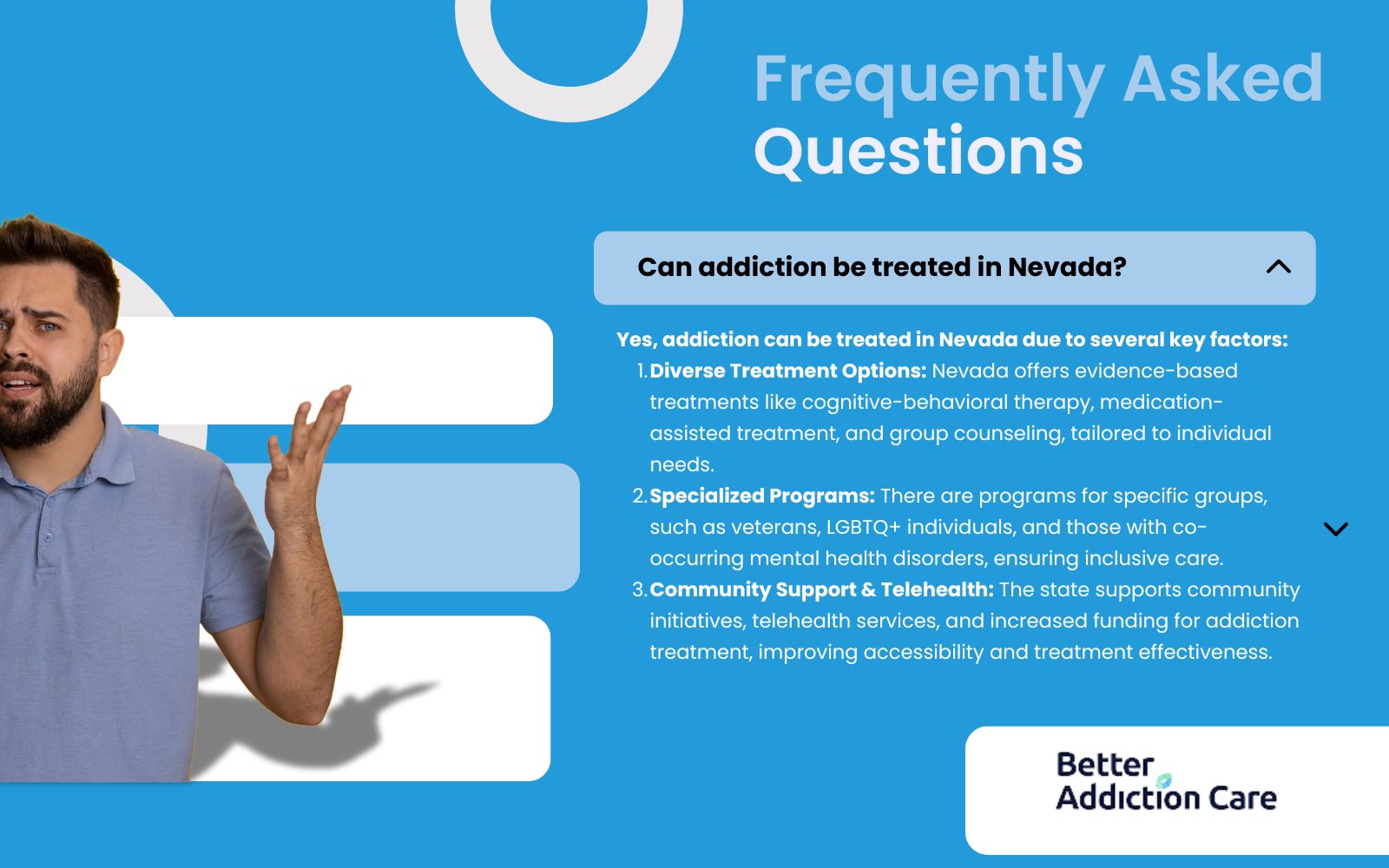
Lastly, the state of Nevada's commitment to tackling substance abuse is evident in its growing support for community-based initiatives, expanded access to telehealth services, and efforts to increase funding for addiction treatment programs, making recovery more accessible and effective.
What is the state of Nevada?
The state of Nevada is in the United States, located in the western part of the country. It has a population of 3.3 million people, with a near-equal distribution between genders—about 1.65 million males and 1.65 million females. Nevada is bordered by Oregon and Idaho to the north, Utah to the east, Arizona to the southeast, and California to the west and south.
Economically, Nevada is known for its diverse mix of industries, including tourism, mining, and manufacturing, with Las Vegas being a global hub for entertainment and gaming. The state of Nevada has a median household income of about $81,310, placing it in the middle range compared to other states in the U.S. While it boasts thriving urban centers like Las Vegas and Reno, rural areas face economic challenges, creating a disparity in wealth and access to resources across the state of Nevada.
What is the population of Nevada?
The population of Nevada is 3.1 million people, with a fairly even gender distribution of 50.51% males, totaling about 1,565,810, and 49.49% females, 1,534,190. The population is divided into three main age groups: those under 18 years make up 689,692 individuals, accounting for 22.21% of the total; the 18 to 64 age group comprises 1,911,891 people, representing 61.58%; and those aged 65 and over total 503,234, and making up 16.21%. Among the age groups, the largest is those aged 30 to 34, with 227,350 individuals, which is 7.32% of the total population. This data shows that Nevada has a relatively young and predominantly working-age population, which is significant for the state of Nevada’s economic and workforce development.
What is the income of people from Nevada?
The income of people from Nevada is $37,945, per capita income. In Nevada, the median household income is $71,646. Income levels vary across different age groups: households headed by individuals under 25 years have a median income of $35,767; those aged 25 to 44 years earn around $60,571; ages 45 to 64 years see a median income of $66,537; and for those 65 years and over, it's $45,468. Gender disparities are evident, with males working full-time, year-round jobs earning a median income of $51,000, while their female counterparts earn $40,000. These figures highlight significant income variations influenced by age and gender within the state of Nevada.



